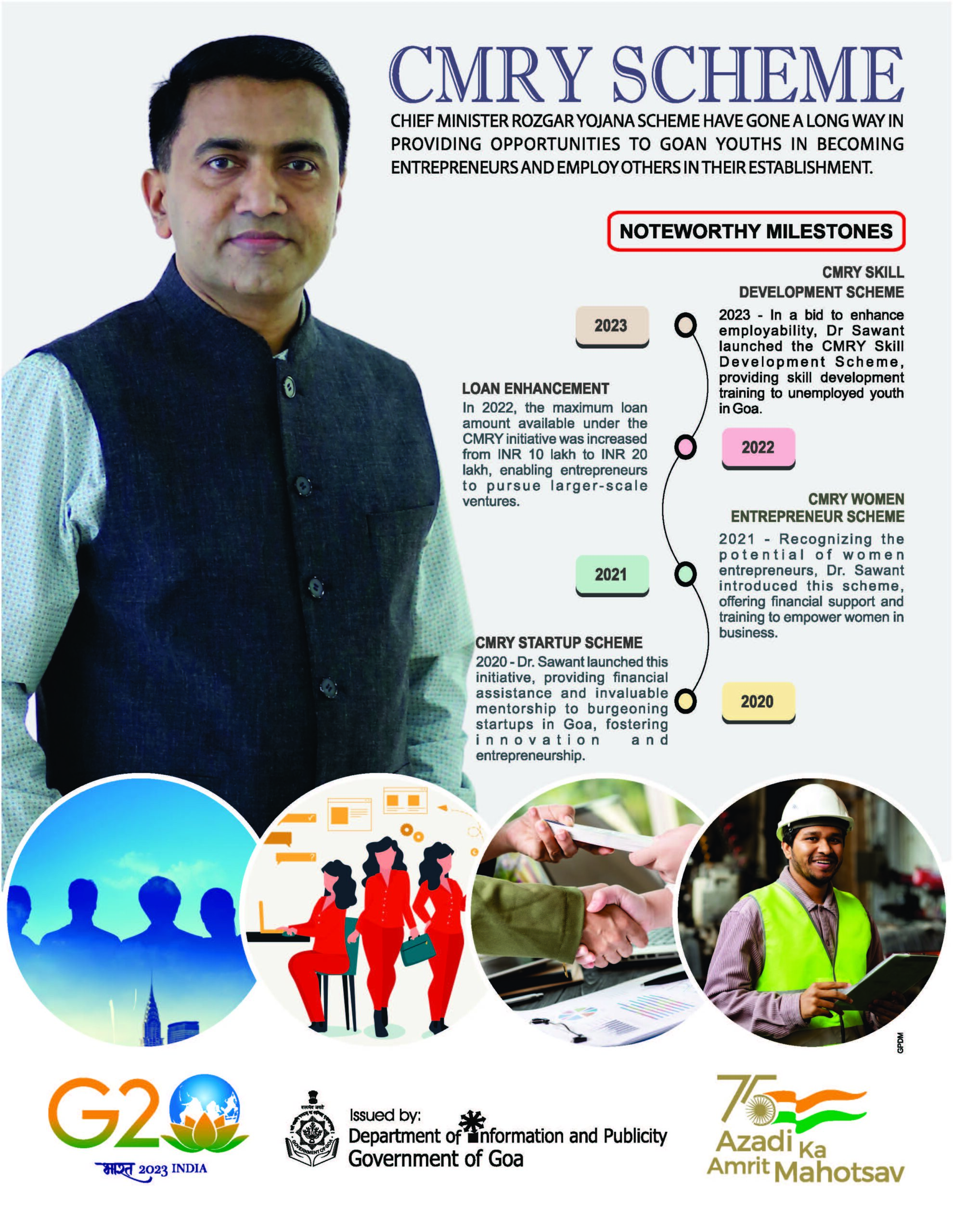Just got off the phone with my childhood friend from Afghanistan. We both went to school together, when our families were living in Dubai.
The crisis in Afghanistan has shattered the hope of many Afghanis in Afghanistan and Afghanis in countries around the world.
My friend was very upset. His wife and other family members happened to be in Kabul and returned back to France before the Taliban captured the capital city. However, a close relative of his is stuck in Afghanistan still.
In the entire conversation, I had with him, I could feel his pain and anger. He loves Afghanistan but he cannot accept that Afghanistan today is going to be ruled by the Taliban. He believes the Taliban will never change. They were terrorists and extremists, they will continue to be terrorists and extremists. This rise to power will only make them more brutal, more lethal, and more venomous.
Many like Qamran (name changed) believe in an Afghanistan but an Afghanistan without the Taliban as its rulers. The Taliban according to Qamran, “is a group of Islamists stuck in an era when the world was not evolved, therefore they rely on terror to enforce their primitive views on Islam on the people in Afghanistan. There will be no future for the women and children in Afghanistan if such fanatics are allowed to control the country. That’s the reason people are fleeing and many are scared.”
In his anguish, he cursed the United States of America. And I have to agree with him in totality. America ruined Afghanistan and left it for the Taliban to destroy it.
Qamran fear of the Taliban and hate for America for the rise of the Taliban and its control of Afghanistan are not unfounded.
Taliban is a terrorist organization. More importantly, it is an Islamic terrorist organization. It will never change.
Shaharzad Akbar Chairperson for the Afghanistan Independent Human Rights Commission briefing the United Nations Security Council said:
The first six months of 2021 have been the bloodiest six months for Afghan civilians since the Afghanistan Independent Human Rights Commission started recording in 2009. 1677 civilians including women and children have been killed and 3644 are injured. If the current rates of violence continue, I am heartbroken to note that there might be a grim new record of civilian harm by end of this year. With districts and now a provincial city falling to the Taliban, millions of Afghans are waiting in terror to see what comes next. Women in particular remember the past and present abuses of the Taliban against their freedoms and their persons, and dread what is to come. As you know, many are joining the ranks of those trying to flee this worsening storm
Taliban advances & escalation of violence has meant that we in the commission are verifying details of horrific war crimes on a daily basis. Let me give you three examples from our work in recent weeks: In Spin Boldak, Kandahar, our findings confirm that the Taliban dragged out and killed at least 40 civilians associated with government, in a campaign of targeted, extrajudicial killings. Following media and human rights reporting, Taliban imposed strict restrictions and would investigate people traveling to and from Spin Boldak to prevent full documentation of these atrocities. In Malistan, Ghazni province, we can confirm that at least 27 civilians have been murdered in targeted killings by Taliban. In one instance, Taliban sought the help of an unarmed guard to move the bodies of civilians and then killed the guard in an attempt to eliminate witnesses. Meanwhile, in Helmand, as I speak to you now, residents of Lashkargah are stuck between Taliban attacks and government airstrikes, fearing for their lives every minute and deprived of access to their basic rights.
Also, as I speak to you today, I am mourning another attack on Afghanistan’s youth. Dawa Khan Mena Pal, a government official working on communications and a man known for his poetry, humor and generosity, was shot in broad daylight in Kabul today. His terror sent a chilling reminder to all civilian government employees as well as journalists and human rights defenders, about the frequency of targeted killings in the midst of raging war. It is also a brutal reminder of Taliban’s refusal to acknowledge government employees as civilians and continue to target and kill them in Kabul, Kandahar, Ghazni and across Afghanistan. This ongoing storm of atrocities has already cost lives and has spread widespread terror and uncertainty, taking us further away from the possibility of peace.
In addition to daily violations of the laws of conflict, Afghanistan’s human rights gains is under attack and rapidly shrinking as the conflict expands. One major, deeply concerning example is the rights of women and girls in areas captured by the Taliban. Women’s access to education, to markets, to basic health services is limited and shrinking. Their basic human rights denied and repressed. Afghan women across Afghanistan are either reliving the nightmare of Taliban area or live in the fear and trauma of reliving it soon, if the tide doesn’t turn and we don’t have an opportunity at negotiations and meaningful participation in them. We have an equally concerning situation with access to information and freedom of expression. As media are under pressure by both sides to the conflict, independent media in different provinces are shutting down as more districts fall to Taliban. In this context, it is important to reiterate to Afghan government its obligations on protection of independent media, freedom of expression and all fundamental human rights
Another displaced man from the Bagh-e-Sherkat area of Kunduz province said in an interview with Commission that the Taliban had thrown a hand grenade in his drinking water well so that no one could use it. “Our only crime was providing bread and water for security forces in a state of war and siege,” he added. There were not only Tajiks in Badakhshan, but also Pashtuns and Uzbeks in the Bagh-e-Sherkat area, who also provided food and water to the security forces, but the Taliban killed only members of the Tajik ethnic group and forced them to flee from the area in humiliation, insult, fear, and intimidation.
The Taliban seized Sartagab, set fire to residential houses and farms. They blew up 13 residential houses (Qalas), set fire to our harvests, and looted the property in our shops. The people have no hope of returning to their area and are asking the government to cooperate.”
In addition, the Taliban attacked the website of Herat province in Islam Qala and looted the facilities in the center. A senior member of a state-owned company told the Commission that on July 3, 2021, Taliban armed men looted the center’s internet equipment, including 24,000 batteries.
Also, the Taliban destroyed the Rozanak railway station and related facilities on July 6, 2021. This railway station is located next to the Herat-Islam-Qala road in Ghorian district.
The Taliban attacked civilians on route to capture Kabul in the weeks that led to march to Afghanistan’s capital:
On July 8, 2021, four civilians were wounded in Pashakhani village of Pashtun Kot district of Faryab province. A relative of the victim told the Human Rights Commission: “At around 4 am on July 8, 2021, when people were heading to the mosque to pray, the armed Taliban had taken refuge in the mosque for fear of airstrikes; at that moment airstrike carried out by security forces injured four worshipers.
A member of the Faryab Provincial Council told AIHRC: “During the past two weeks, civilians have suffered casualties and financial losses during armed clashes between government forces and the Taliban; as a result of airstrikes by security forces in the village, six members of a family were killed and two others were injured in Khaniqa village of Andkhoy district of Faryab province.”
Also, on (June 30, 2021), 11 members of a family and 6 other families were killed and wounded, including six children and two women, resulting from airstrikes by security forces in Salavat village of Panjwai district of Kandahar province. One woman and seven other children were injured in the incident.”
The rise of the Taliban is the sole failure of the US government. For 20-years the US government through its Department of Defense (DOD) had also spent $837 billion on warfighting, during which 2,443 American troops and 1,144 allied troops have been killed and 20,666 U.S. troops injured. Afghans, meanwhile, have faced an even greater toll.
At least 66,000 Afghan troops have been killed. More than 48,000 Afghan civilians have been killed, and at least 75,000 have been injured since 2001—both likely significant underestimations.
At various points, the U.S. government hoped to eliminate al-Qaeda, decimate the Taliban movement that hosted it, deny all terrorist groups a safe haven in Afghanistan, build Afghan security forces so they could deny terrorists a safe haven in the future, and help the civilian government become legitimate and capable enough to win the trust of Afghans.
But the US failed to do so because dealing with Afghanistan required a detailed understanding of the country’s social, economic, and political dynamics. However, US officials were consistently operating in the dark, often because of the difficulty of collecting the necessary information.
The U.S. government also clumsily forced Western technocratic models onto Afghan economic institutions; trained security forces in advanced weapon systems they could not understand, much less maintain; imposed formal rule of law on a country that addressed 80 to 90 percent of its disputes through informal means; and often struggled to understand or mitigate the cultural and social barriers to supporting women and girls.
Unfortunately as pointed out by the Special Inspecter General for Afghanistan Reconstruction (SIGA) in its recent reports, “U.S. officials often empowered powerbrokers who preyed on the population or diverted U.S. assistance away from its intended recipients to enrich and empower themselves and their allies. Lack of knowledge at the local level meant projects intended to mitigate conflict often exacerbated it, and even inadvertently funded insurgents.”
The decision by US President Joe Biden and the subsequent march of the Taliban into Kabul will make the world an even more dangerous place fuelled by terrorism now. Afghanistan will become a safe haven and base for terror groups like Al Qaeda and ISIS.
Thousand are fleeing Afghanistan and will join Afghan refugees who have already been forced to leave over the past four decades of conflict. The number of internally displaced people is also surging, as people all over Afghanistan stand to lose their family members, homes, schools, and workplaces to the Taliban terrorists.
The Taliban terrorists are seizing girls and forcing them into marriage, according to an Afghan woman who fled her home for safety in Kabul. Zar Begum was among thousands of internally displaced persons (IDPs) sleeping in a Kabul park. Another IDP said the Taliban was forcing people to give them food as per a report on Radio Free Europe/Radio Liberty. She told the media, “Taliban militants forcibly evicted me at gunpoint, killed my sons, and forcibly married my daughters-in-law. They forcibly took three or four girls from each house and married them. We had to leave.”
Taliban had ruled Afghanistan from 1996-2001 earlier and we know that what actually they do. Women were not allowed to attend school and colleges, weren’t allowed to step out without a male guardian. “what’s happening in Afghanistan today is going to put this country 200 years back,” expressed Mahbooba Seraj, founder of the Afghan Women’s Network.
In its report, CNN narrated an ordeal of Najja. The story of Najja is the story of the future of Afghanistan under the Taliban.
Najia was at home with her three young sons and daughter in a small village in northern Afghanistan when Taliban fighters knocked on their door.





